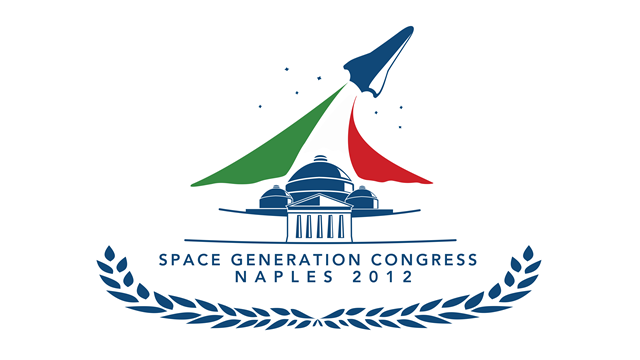 From 27th-29th September it was my great delight to attend the Space Generation Congress, held in Naples, Italy. SGC is proudly endorsed by the United Nations Office of Outer Space Affairs.
From 27th-29th September it was my great delight to attend the Space Generation Congress, held in Naples, Italy. SGC is proudly endorsed by the United Nations Office of Outer Space Affairs.
I was delighted to be accepted as one of some top 130 students and young space professionals internationally from over 45 countries. I was invited to participate in one of these working groups within the Space Generation Advisory Council. It was a great honour to be selected for such a fantastic opportunity. Not only that but after applying for a small grant from the Royal Astronomical Society, they kindly supported my attendance for the entire Congress.
In April, I was selected by their Executive Council as a UK National Point of Contact for SGAC. The Congress was a fantastic opportunity to engage with SGAC’s work in focusing on these key space topics.
The Congress discussed five themes:
- Industry – Space Transportation
- Agency – The International Space Station
- Society – Space for Humanitarian Relief
- Exploration – Communications for Exploration
- Earth Observation – Space Resources for Water Management
I was selected for the working group on Industry – Space Transportation. Our discussions were very productive. Our areas of discussion included economic considerations of European launchers, the role of new actors with launch capabilities, as well as policy and regulatory considerations of space transportation.
In terms of economic considerations of European launchers we proposed that ESA should technical oversight of sub-system and component levels to launcher system integrators in order to reduce the cost of development programmes. We propose ESA also recognise the potential of small launchers, such as VEGA, as a cost-effective response to the current trend towards small satellites and miniaturisation.
We considered also the the role of new actors with launch capabilities. We encourage established space-faring nations to strengthen their relationships with emerging space-faring nations in order to foster global growth and collaboration on launch efforts. We advocate for the development of launch capacity in new space nations to encourage global competition in the launch industry. We also ask for the enablement of the emerging private sector to access and create markets in order to foster competition, innovation and efficient operational capacity.
Lastly we considered Policy and Regulatory Considerations of Space Transportation. We support international efforts to promote national policies requiring launch vehicle operators to deorbit upper stages. We also support the creation of international mechanisms to introduce more safety and sustainability into launch vehicle operations and site practices, such as: the sharing of best practices for safety at ground facilities; and international research on environmentally responsible fuels and vehicles. We also encourage the exploration of opportunities to foster international trade and cooperation in spite of relatively stable national and international controls on space exports and technology transfers, such as: using agency prerogatives and exemptions available within the existing U.S. export control regime; and creating an international expert group to study “buffer” or “interface” technologies that address transfer concerns.
On the final day of the congress delegates presented their novel perspectives on space issues within the key themes. The results, conclusions and recommendations were presented to the audience including many of the congress’ featured speakers, including: Antonio Fabrizi, Director of Launchers, European Space Agenc; Mario Cosmo, Technical Director, Italian Space Agency (ASI); William H. Gerstenmaier, Associate Administrator, Human Exploration and Operations Directorate, NASA; Kiyoshi Higuchi, Vice President, Japan Aerospace Exploration Agency (JAXA); Mendieta Jimenez, General Director, Mexican Space Agency (AEM); David J.W. Kendall, Senior Executive Advisor to the CSA President; and Johann-Dietrich Wörner, Chairman of the Executive Board of the German Aerospace Center (DLR)
The results will be shared also in a report with the UN, various agencies, industry and academia. The Executive summary can be found here.



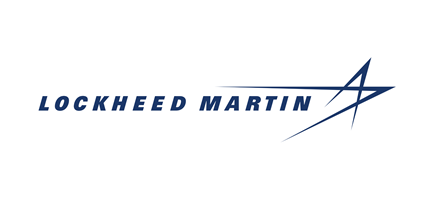
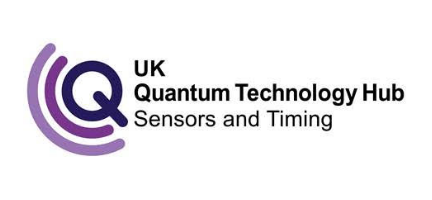
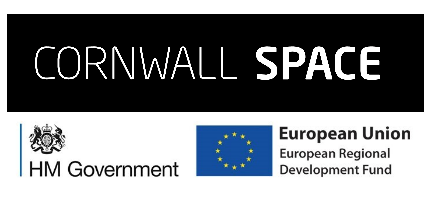
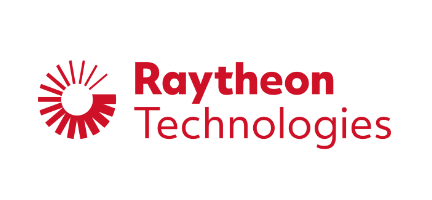


No comments yet.